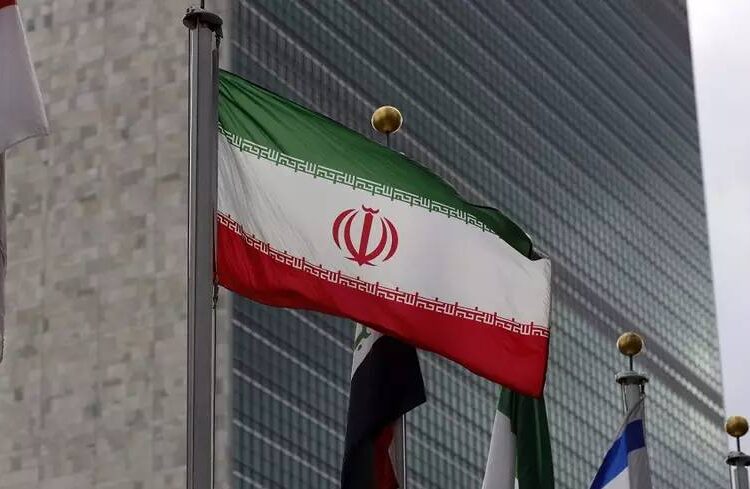Iranian Foreign Minister Hossein Amirabdollahian arrived in New York to partake in the United Nations General Assembly emergency session focusing on the Gaza conflict. The United Nations, bolstered by the contributions of multiple nations, including Iran, is endeavoring to exert influence toward the termination of the Gaza war. Nevertheless, the leverage lies predominantly with the principal members of the United Nations Security Council and their potential to wield a veto power.
Coinciding with the Iranian Foreign Minister’s sojourn to the US, various media outlets have reported a potential adoption of a resolution in the United Nations General Assembly, calling for an abrupt cessation of attacks against Gaza and dispatching urgent humanitarian aid to the region. In a notable turn of events, the draft resolution presented by the United States in the UN Security Council faced a veto from Russia and China during the course of the evening. This particular draft resolution, heralded by the US, underlined what it deemed as “Israel’s right to self-defense”, and called for the denunciation of Hamas in relation to the October 7 operation.
The ongoing conflict in Gaza has transcended past its twentieth day, having thus far claimed the lives of over 6,500 Palestinians, more than 2,700 of them children. Beyond 15,000 Palestinian individuals have been injured. The Israeli death toll stands at 1,400 since October 7, according to Israeli official statements.
On Wednesday, October 25th, the Security Council once again failed to enact a resolution for an instant ceasefire and halt to the aggression against Palestinian civilians. The council’s meeting in past few days has seen the participation of representatives from approximately 90 nations, inclusive of 30 Foreign Ministers and Deputy Foreign Ministers.
Words spoken by Antonio Guterres, the Secretary-General of the United Nations, on Tuesday during the Security Council session, incited displeasure among Israeli officials. Guterres emphatically underscored that the recent attacks by Hamas could not justify the “collective punishment” of the Palestinian populace, referring to the incessant bombardment of Gaza by Israel and associated civilian casualties as “alarming.”
Voicing concern about “clear violations of international humanitarian law” in the Gaza Strip, Guterres said, “It is important to also recognize the attacks by Hamas did not happen in a vacuum. The Palestinian people have been subjected to 56 years of suffocating occupation.”
In reaction, Gilad Erdan, the Israeli envoy to the UN, demanded that Guterres resign from his post. He further said that Tel Aviv would deny visas to the UN officials.
Guterres on Wednesday, without directly addressing the Israeli criticism, said his words were misrepresented, clarifying he had no intention of justifying the Hamas attacks.
The UN Special Rapporteur on the Occupied Palestinian Territories, Francesca Albanese, said that a considerable faction of the Palestinian populace in Gaza had been killed in recent Israeli offensives. She spoke of the deliberate curtailment of resources to Gaza as constituting “war crimes” and “crimes against humanity”.
Similarly, Volker Türk, the UN High Commissioner for Human Rights, emphasized that an immediate humanitarian ceasefire must be instated as a prime step to securing civilian lives by delivering immediate aid.
Yet, the United Nations Security Council has failed to enact such a ceasefire resolution due to staunch resistance from the United States in its support for Israel.
As Israel’s steadfast ally in the Gaza conflict, the United States has continually defied recurrent pleas for a ceasefire from the Security Council, culminating in a veto last week against a resolution backed by 12 other council members.
This stance of the US and Western nations has attracted global criticism. An African diplomat bluntly told Reuters regarding the US resistance to Gaza ceasefire resolutions, “They lost credibility with the veto. What is good enough for Ukraine is not good enough for Palestine. The veto told us that Ukrainian lives are more valuable than Palestinian ones.”
A number of analysts posit that the United States may be inclined to endorse a temporary halt to conflict in Gaza as a means to alleviate the mounting international pressure on Israel. However, it is noteworthy that the US views the ceasefire within the confines of a UN Security Council resolution as contingent upon the condemnation of Hamas and an agreement on retaliatory measures against the group.






